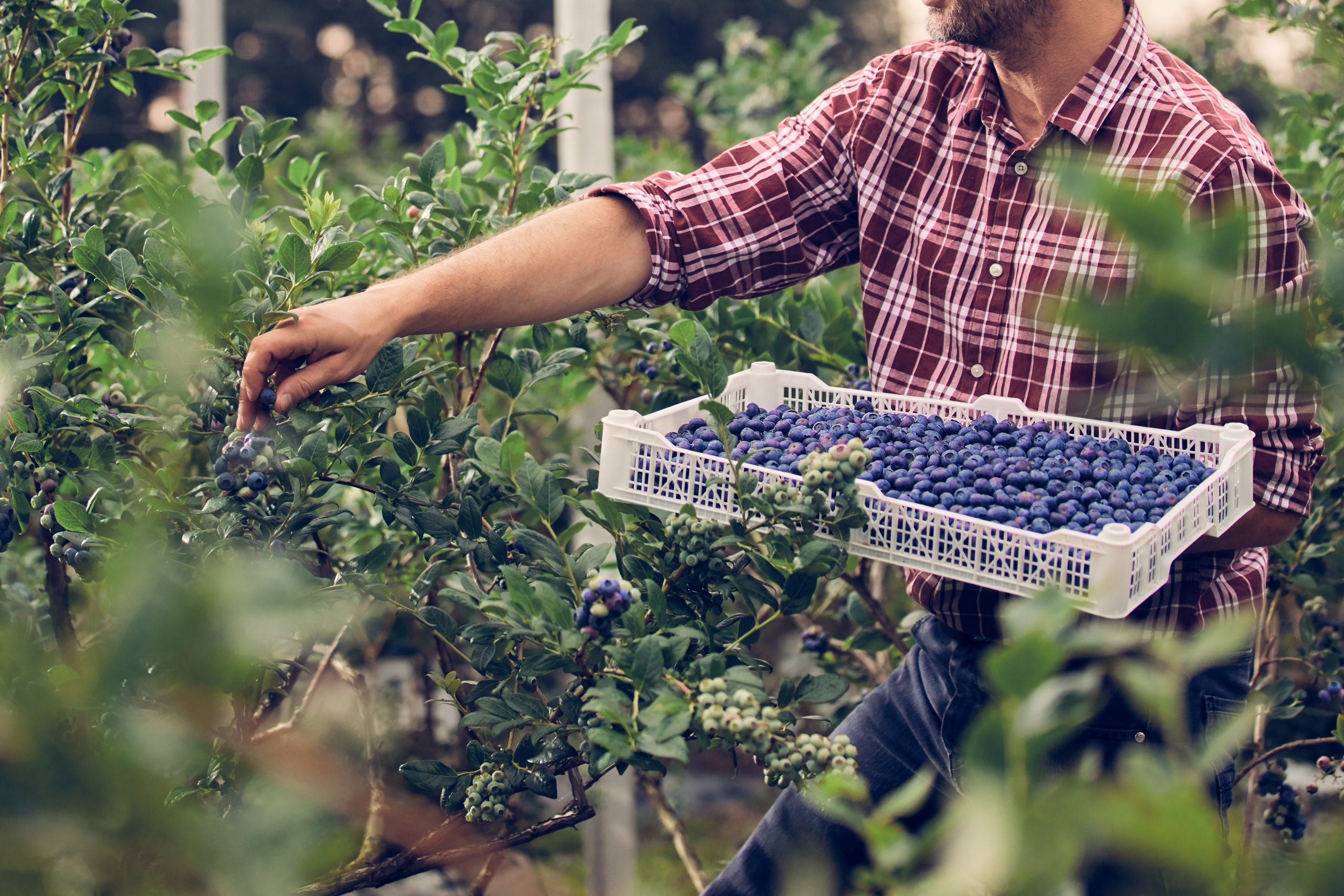Global blueberry summit at Coffs Harbour identifies challenges to international market growth
Consumer demand for blueberries is driving the global increase in production of the fruit, but “there are major challenges” ahead for the industry, says one Australian industry leader.
More than 300 delegates are in Coffs Harbour in New South Wales this week for a global conference on blueberries.
It is the first time the International Blueberry Summit has been held in Australia and more than 25 countries are represented this year.
International Blueberry Organisation treasurer and Costa Berries’ general manager, Peter McPherson, said driving consumption, getting market access to Asian countries and finding the right varieties, are all issues that need to be resolved.
“We want to create greater consumption opportunities and put more blueberries in consumer’s mouths,” he said.
“We can only do that by getting varieties, better taste, better shelf life, ensuring that food safety aspects are all in place.
“There are a lot of hurdles out there that can get in the road.”
Those road blocks include gaining market access into overseas countries.
“We got stopped from going to Japan about five years ago and we’re trying to get back in there and use those protocols to get into China, Taiwan and Korea,” he said.
“That’s going to cost a lot of money. We’ve got a program and it’s going to be funded and hopefully we’ll get back in there very soon.”
Jerome Chen is from the China Blueberry Association and the Joyvio Group, China’s largest blueberry and kiwifruit grower.
The industry in China is undergoing rapid growth and he predicts blueberry production will increase by 50 per cent in the next 10 years.
But he also said that imports are likely to increase once more countries gain entry to China.
“Today we import legally from Chile and we also opened to Canada last year, but in the future I do believe more and more countries will have market access to China,” he said.
Photo: Kim Honan
09/08/2015
Source: ABC




